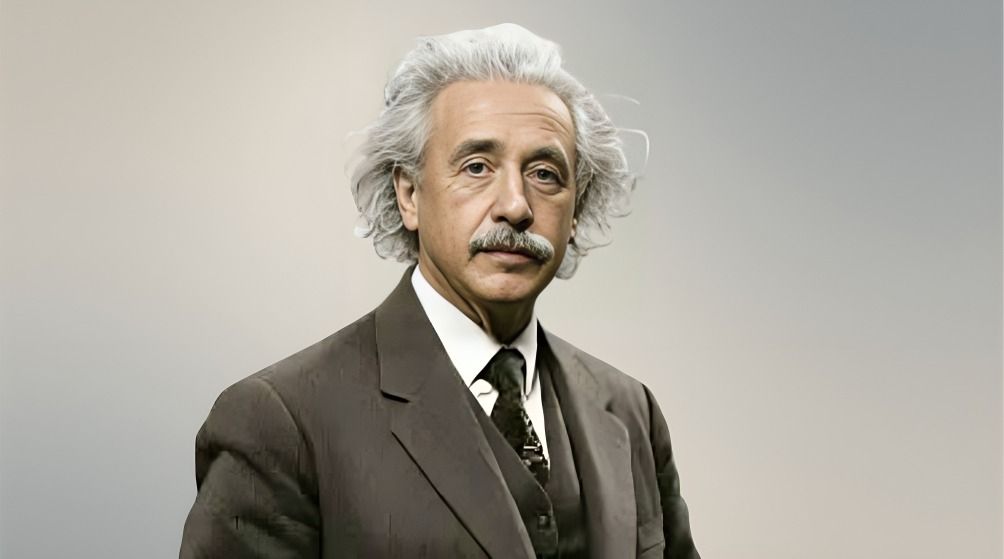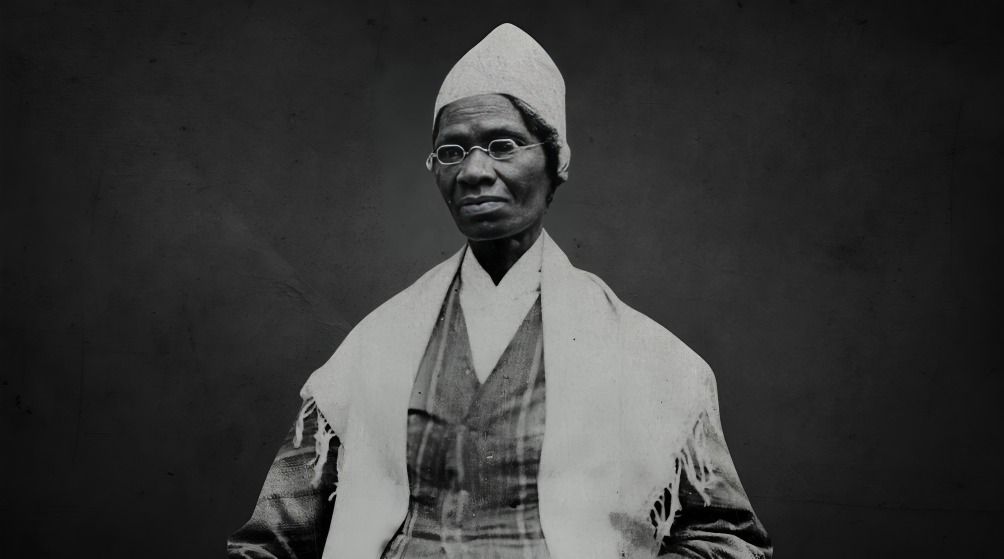
“
Sojourner Truth was a fearless advocate for justice, equality, and human dignity. Born into slavery in 1797, she escaped to freedom and became a powerful voice in the abolitionist and women’s rights movements. Truth’s riveting speeches and unyielding spirit inspired countless people to join the fight against oppression. Her famous speech, "Ain’t I a Woman?", remains a cornerstone of feminist and anti-slavery rhetoric. But beyond her activism, Sojourner Truth’s life is filled with remarkable stories and achievements that highlight her resilience and determination. In this blog, we’ll uncover 20 fascinating facts about Sojourner Truth, exploring her journey from slavery to becoming one of the most influential figures in American history. From her work as a preacher to her role in fighting for the rights of freed slaves, these facts offer a deeper understanding of her extraordinary legacy.1
”
Sojourner Truth, born Isabella Baumfree in 1797, escaped slavery to become a pioneering African-American abolitionist and women’s rights advocate, dedicating her life to justice, equality, and social change.1
In 1828, Truth became the first Black woman to win a legal case against a white man, successfully suing for her son’s freedom, setting an important legal precedent in American history.2
In 1843, Truth renamed herself Sojourner Truth to reflect her divine mission, traveling the nation to spread awareness about slavery's evils and advocating for justice and women’s rights.3
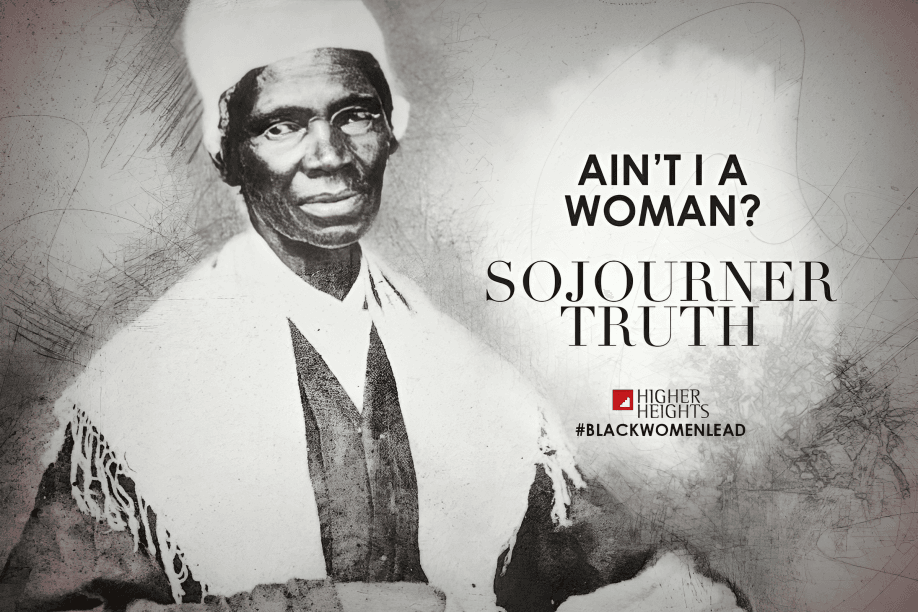
Her powerful “Ain’t I a Woman?” speech at the 1851 Ohio Women’s Rights Convention challenged sexism and racism, promoting women’s equality and emphasizing the struggles of Black women.
Truth dictated her autobiography, The Narrative of Sojourner Truth, to Olive Gilbert, creating a compelling narrative that educated abolitionists and strengthened the movement for justice and equality.4
Born into a Dutch-speaking enslaved community in New York, Truth’s early fluency in Dutch set her apart, reflecting her unique upbringing and adding richness to her life’s remarkable journey.5
During the Civil War, Truth was instrumental in recruiting Black soldiers for the Union Army, playing a critical role in advancing abolitionist goals and supporting the fight for freedom.6
Truth met President Abraham Lincoln in 1864, presenting him with a Bible and engaging in discussions about abolition, reflecting her influence and commitment to shaping national conversations about justice.7
Deeply spiritual, Truth viewed her activism as a divine calling, preaching with conviction and inspiring audiences to challenge societal injustices while advocating for the oppressed with unwavering determination.8
Sojourner Truth’s legacy is immortalized in the U.S. Capitol, where her memorial bust honors her as the first Black woman to receive such recognition for her profound contributions.9
Beyond abolition, Truth advocated for systemic reforms, including prison reform, land grants for freed slaves, and universal suffrage, demonstrating her commitment to a broad spectrum of justice issues.10
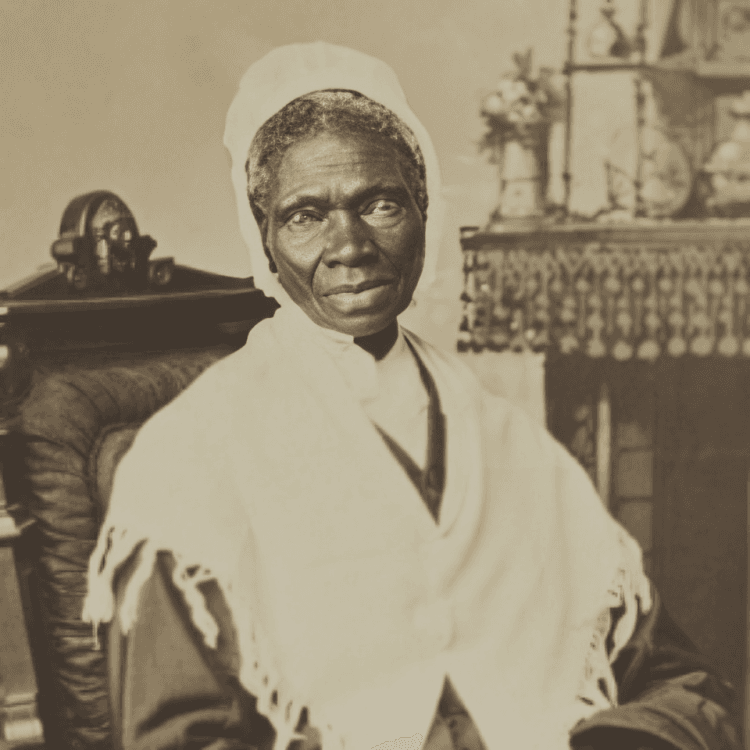
Her towering height of over six feet and her commanding presence left an unforgettable impression, enhancing the power of her speeches and her role as a fearless advocate.
Defying societal expectations, Truth became a symbol of resilience, courage, and determination, inspiring generations to confront injustice and embrace the fight for equality and human rights.11
Truth delivered extemporaneous speeches, relying on her sharp wit and intellect to captivate audiences, using her natural charisma to inspire action and effect meaningful societal change.12
Although illiterate, Truth memorized scripture and skillfully used it to dismantle religious justifications for slavery, blending spiritual insight with powerful arguments for equality and justice.13
Despite facing physical threats and hostile crowds, Truth’s steadfast commitment to her mission of promoting justice and equality never faltered, demonstrating her extraordinary bravery and resolve.14
Truth championed labor rights, particularly for Black women, emphasizing fair wages and economic independence as vital to achieving gender and racial equality in post-slavery America.15
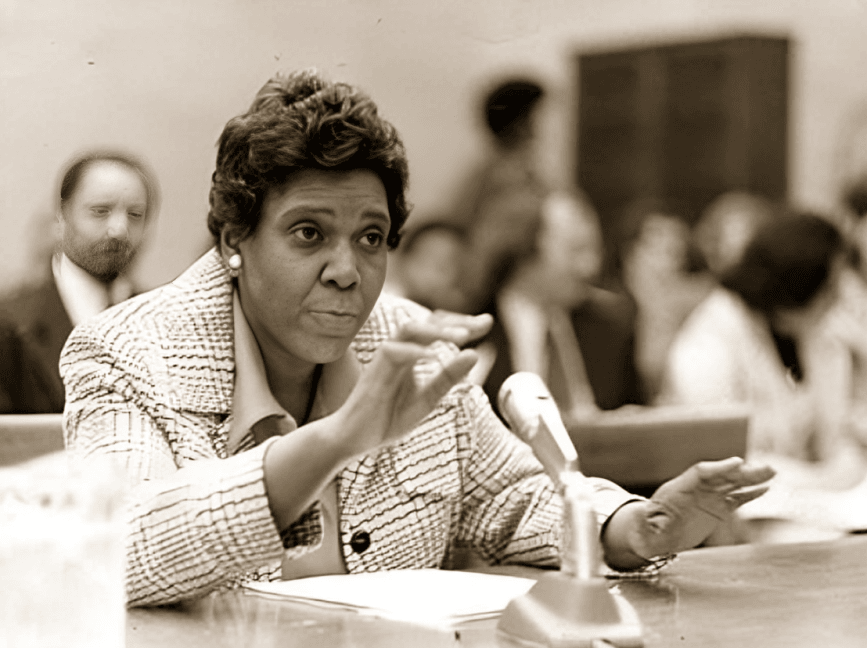
Her speeches often included spirituals, blending music and message to evoke deep emotions, creating a profound connection with her audiences and amplifying her impact as a speaker.
Numerous schools, organizations, and awards are named in her honor, reflecting her enduring influence and celebrating her achievements as a trailblazer for justice and equality.16
Sojourner Truth’s legacy endures, inspiring global movements for human rights, with her life’s work serving as a beacon of hope, resilience, and advocacy for oppressed communities worldwide.17

